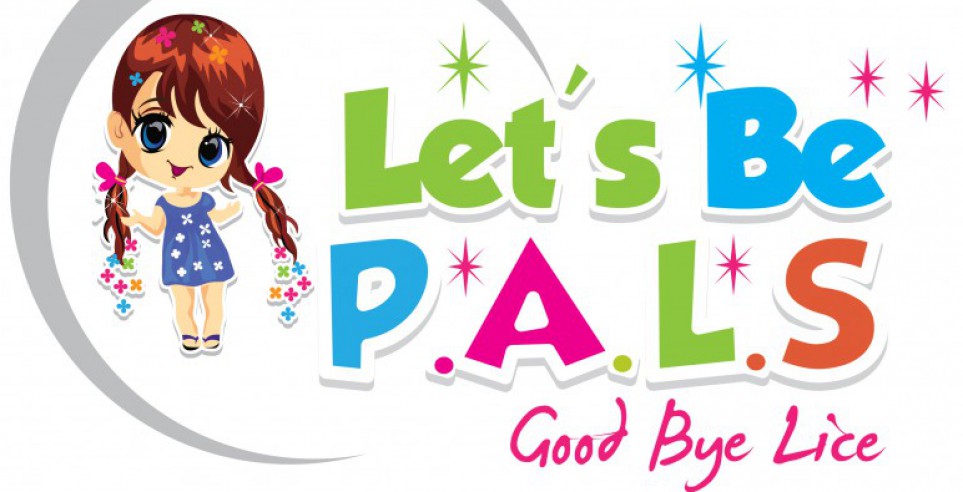 Here’s the truth about head lice and African Americans.
Here’s the truth about head lice and African Americans.
If you don’t know what a head louse is, it’s a parasites about the size of a sesame seed and it feeds on human blood. If you need more factual information head over to our FAQ&A’s.
The head louse, Pediculus capitis humanus, is by no means a new nuisance. The parasite has been an unwelcome companion to humans as far back as the days of Cleopatra and beyond. Read more about Where Do Lice Come From?
Let’s first explain the differences between black and Caucasian hair. To understand the difference between African-American, Black and Caucasian hair it’s important to understand how hair grows.
Beneth the surface of our scalp lie thousands of hair follides. They are found in what is called the dermis. The texture and the thickness of each individuals hair is dependent upon the shape and size of the hair follicle. How thick a persons hair is depends on both the size of the hair follicles and how many there are on each individuals scalp.
Primary Differences
- Hair molecular structure and shape results in tightly wound or similarly straight
- Follicle density or the number of follicles per inch on/in the scalp
- Thick wide follicle structure versus thinner
- Overall growth rate
- Ability to keep follicles moisturized
- Propensity for damage, breaking and tearing
The wave pattern and bonding is what makes the big difference between African-American hair and Caucasian hair. The principal bonds are hydrogen and polypeptide. Close to 88% of the hair is made of polypeptide bonds. They are difficult to break and are what gives the hair its strength. This bond is also what is responsible for the tight curls. In order to break the bond a permanent straightening treatment has to happen.
African-American hair tends to produce plenty of sebum or protective oils, generally more than other ethnicity’s hair.
Head lice find it difficult to navigate in black hair because of the construction of the hair. It is hard for the tiny insects to “get a foothold” on all of the twists and turns of black hair, so they tend to prefer European hair because it is easier to navigate.
The University of Nebraska-Lincoln reports:
“In 1985, a study showed that only 0.3% of African-American children were infested with lice compared with 10.4% of non-African-American children. This study has been repeated, with similar results. However, in these surveys, there were still a few, rare cases of head lice among African American children.”
So, the answer to the question is YES, African Americans can get head lice  although rarely in the US.
although rarely in the US.
In Africa countries though native children are infested with head lice but their head lice are adapted to hang onto the oval cross section of curly hairs.
If you’re interested in further studies you can refer to Terri Meinking a head lice researcher at the University of Miami School of Medicine, discussion in Current Problems in Dermatology.
In Summary:
Head lice have to be highly adapted to their environment if they are going to thrive.
- This means they have to be able to scoot around easily in human hair.
- The shape of hair strands differ between different racial groups and this affects head lice.
- Africans living in Africa get head lice that are highly adapted to living in hair with strands that are oval in cross-section. The differences are small but they are significant.
- Caucasians have round hair strands and have head lice that are adapted to this shape.
- In North America most head lice seem to come from the Caucasian strain and thrive in children with round hair strands, that is mainly Caucasian and Hispanic children.
- There are some cases of head lice in African-American children but the pool of these head lice seems to be very much smaller and so the incidence of head lice is much lower.
There are plenty of reports of bi-racial children getting head lice so we have to assume that their hair is suitable for at least one, maybe both strains of head lice to prosper.
Continued Education:
7 Things White People Don’t Understand About Black Hair
Want to fall out of your seat laughing? Read the Bitchin’ Sisters account and suggestions on head lice in the Huffington Post, it’s hysterical. If profanity bothers you – pass on the read.
Sources: UNL, Mayo Clinic Head Lice FAQ, Global Health Associates of Miami
Image Credit: Head Hair & Race to: http://watchingtheworldwakeup.blogspot.com/2009/11/awesome-wife-i-spent-weekend-nit.html
Publisher: Let’s Be P.A.L.S
Contributor: Julie B
